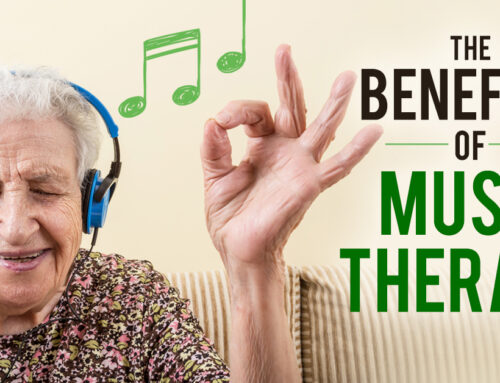Beating the Holiday Blues
Most Wonderful Time of the Year…Not For Everyone
For most of us, this is most wonderful time of the year. Unfortunately, for many seniors, it’s the worst.
“Instead of joy and excitement, the holidays can trigger bouts of sadness and loneliness for seniors – especially if they live alone,” said Teresa Steinfatt, vice president of business performance at the HomeCare Advocacy Network (HCAN). “During the holidays, feelings for lost loved ones and family members who live far away are often magnified. They also may struggle with shopping, decorating, baking and other traditional activities, which reminds them that they’re getting older and more frail.”
Making Spirits Bright
While the holidays may not be what they used to be, it’s important that your aging loved one knows that there’s still plenty to be thankful for. Below are some tips to help keep their spirits bright this holiday season.
Make communication a priority. Nothing beats an in-person visit, but if that’s not possible, regular phone calls or video chats can make a world of difference in the life of a senior. Ask them about traditions and memories from past holidays and encourage friends and family members to do the same.
Involve them in holiday activities. Take your loved one Christmas shopping or drive them around to enjoy the holiday lights. Also be sure to include them in family activities like decorating, baking and writing Christmas cards to family and friends.
Revive traditions. Think of stories they’ve shared or things you used to do growing up and bring those traditions back to life.
Make their favorite foods or treats. Whether it’s cornbread stuffing or rhubarb pie, including your aging loved one’s favorite food in the holiday meal will make them feel special.
Break out the family photo albums. Spend some time looking through photos of loved ones and holidays past. While there may be a few tears, there will also be a lot of joy and laughter.
Holiday Blues are Temporary
Experts say that, in most cases, the holiday blues are temporary and should go away after the start of the new year. However, if the symptoms persist, it could be a sign of depression and that treatment is needed. According to the Centers for Disease Control and Prevention, you should watch for:
- Feelings of hopelessness and/or pessimism
- Feelings of guilt, worthlessness and/or helplessness
- Irritability, restlessness
- Loss of interest in activities or hobbies
- Fatigue and decreased energy
- Difficulty concentrating, remembering details and making decisions
- Insomnia, early-morning wakefulness or excessive sleeping
- Overeating or appetite loss
- Persistent aches or pains, headaches, cramps or digestive problems that don’t get better – even with treatment.
Caregivers Can Provide Companionship
“We understand that you can’t be with your aging loved ones all the time – especially if you live hours away,” Steinfatt said. “No one can replace family, but our caregivers can provide much needed companionship during the holidays and beyond. You’ll have peace of mind knowing your loved one isn’t lonely, and we’ll let you know if we’re seeing signs that your senior has more than the holiday blues”
For more information about HCAN’s services and customized care plans, visit www.hcanthrive.com or contact your local HCAN-supported office.






